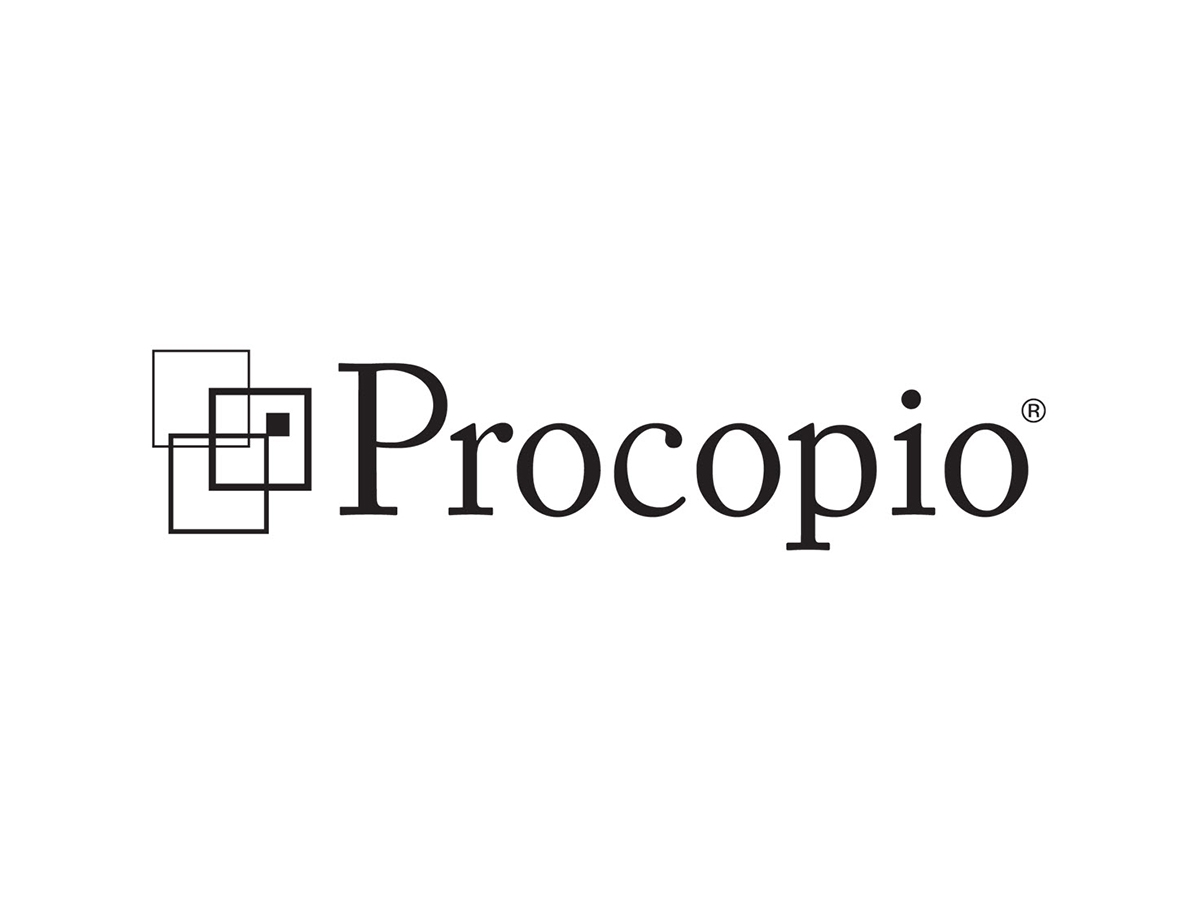Patent Case Summaries | Week Ending January 12, 2024 | Alston & Bird
Pacific Biosciences of California, Inc. v. Personal Genomics Taiwan, Inc., Nos. 2022-1410, -1554 (Fed. Cir. (PTAB) Jan. 9, 2024). Opinion by Taranto, joined by Prost and Hughes.
PacBio filed two petitions for IPR, each seeking review of certain claims in a patent owned by Personal Genomics directed to “an apparatus for identifying a single biomolecule” as well as methods of using or making that apparatus. The Patent Trial and Appeal Board instituted both IPRs and issued final written decisions collectively finding some but not all the challenged claims unpatentable.
Pertinent to both decisions, the Board construed the claim phrase “identifying a single biomolecule” and analyzed unpatentability based on grounds involving either the “Hassibi” reference or the “Choumane” reference. Under the Board’s construction, the claimed apparatus must be “capable of ascertaining the identity of one single, individual biomolecule by examining only that biomolecule.” Both parties appealed, with PacBio challenging the claim construction and the Board’s analysis of Hassibi, and Personal Genomics challenging the Board’s analysis of Choumane.
The Federal Circuit affirmed, upholding both the claim construction and the Board’s analysis of the prior art under that construction.
First, the Federal Circuit ruled that the disputed claim language “has an ordinary meaning on its face and in context.” The court explained: “The language refers to (a) ascertaining the identity of a biomolecule, i.e., what that biomolecule is, and (b) doing so by examining just that one biomolecule, not others (even copies).” The court ruled that the specification, including other claims of the patent, confirmed this understanding. The specification “repeatedly stress[ed] that this ‘single biomolecule’ capability is critical to the invention.” The specification also differentiated identifying a single biomolecule from detecting certain signals from an ensemble or cluster of amplified or copied biomolecules.
Next, applying the claim construction, the Federal Circuit ruled that substantial evidence supported the Board’s findings about the prior art. The court summarized the critical disclosures of Hassibi and the Board’s reliance on expert testimony. That evidence provided “substantial-evidence support for the Board’s finding that Hassibi does not disclose ‘identifying a single biomolecule.’” Similarly, the Federal Circuit summarized the critical disclosure in Choumane and ruled that the Board reasonably credited testimony from PacBio’s expert and rejected the arguments presented by Personal Genomics. The evidence reasonably supported the Board’s finding that Choumane discloses the “identifying a single biomolecule” limitation.
View Opinion
[View source.]






